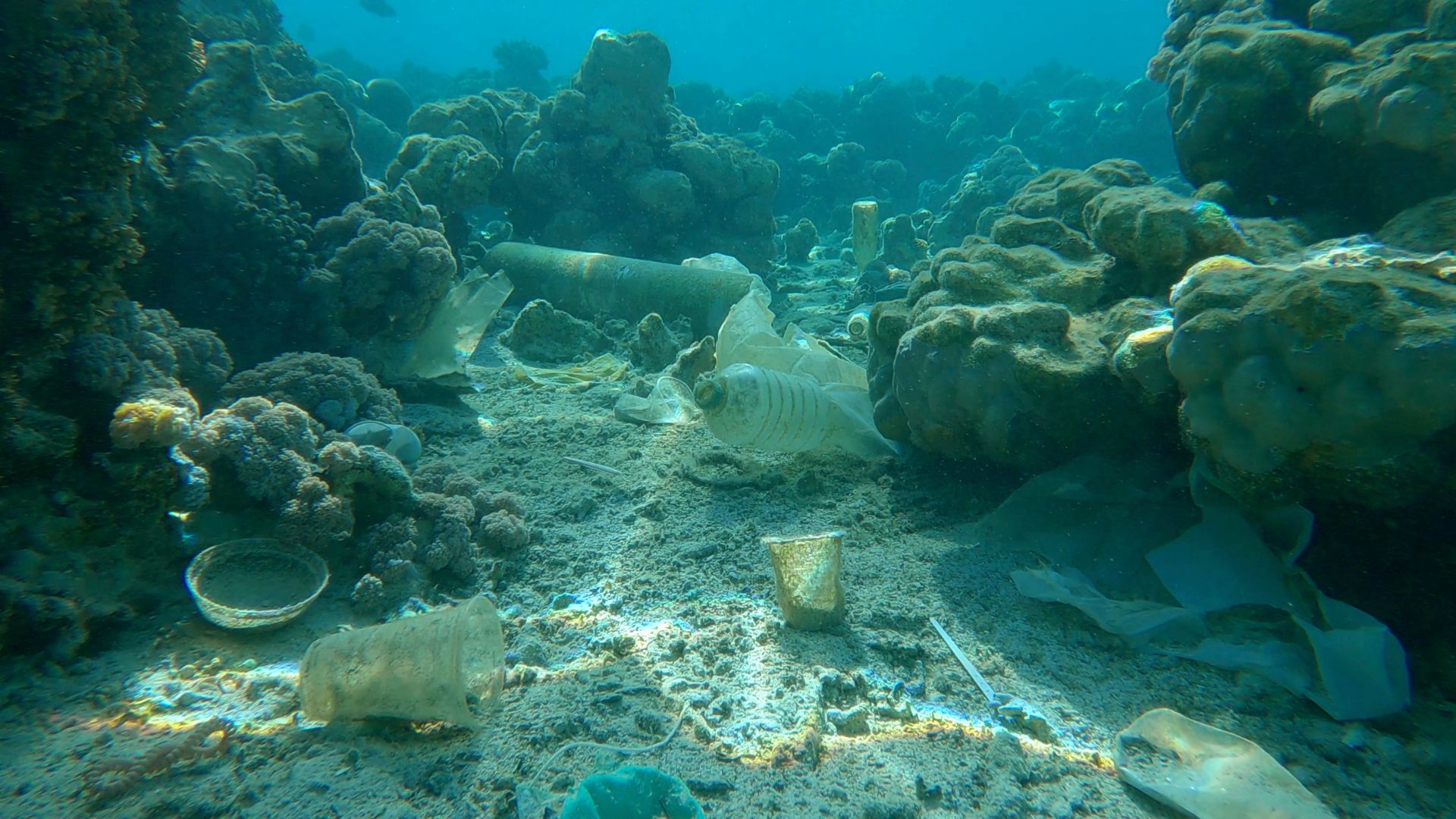Japan's scientists find bioplastic that vanishes 80% even in deep sea

Source: interestingengineering
Author: @IntEngineering
Published: 7/23/2025
To read the full content, please visit the original article.
Read original articleA Japanese research team led by Prof. Seiichi Taguchi has demonstrated that a novel microbial polyester called poly(D-lactate-co-3-hydroxybutyrate) (LAHB) can biodegrade rapidly on the deep-sea floor, unlike conventional bioplastics such as polylactide (PLA). In tests conducted 855 meters underwater near Hatsushima Island, Japan, at 3.6 °C and under high pressure, LAHB films lost over 80% of their mass within 13 months, while PLA showed no degradation. The LAHB surfaces became cracked and covered with microbial biofilms, indicating active breakdown in one of Earth’s most challenging environments.
Genetic and biochemical analyses revealed a microbial consortium responsible for this degradation. Gammaproteobacteria secreted enzymes that broke down LAHB polymers into smaller fragments, which were further hydrolyzed into monomers like 3-hydroxybutyrate and lactate. These monomers were then metabolized by other
Tags
biodegradable-plasticsbioplasticdeep-sea-biodegradationsustainable-materialspolymer-scienceenvironmental-technologymarine-pollution